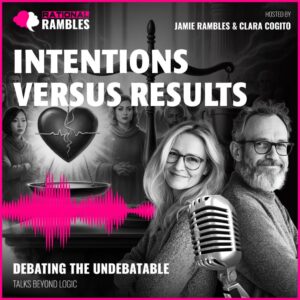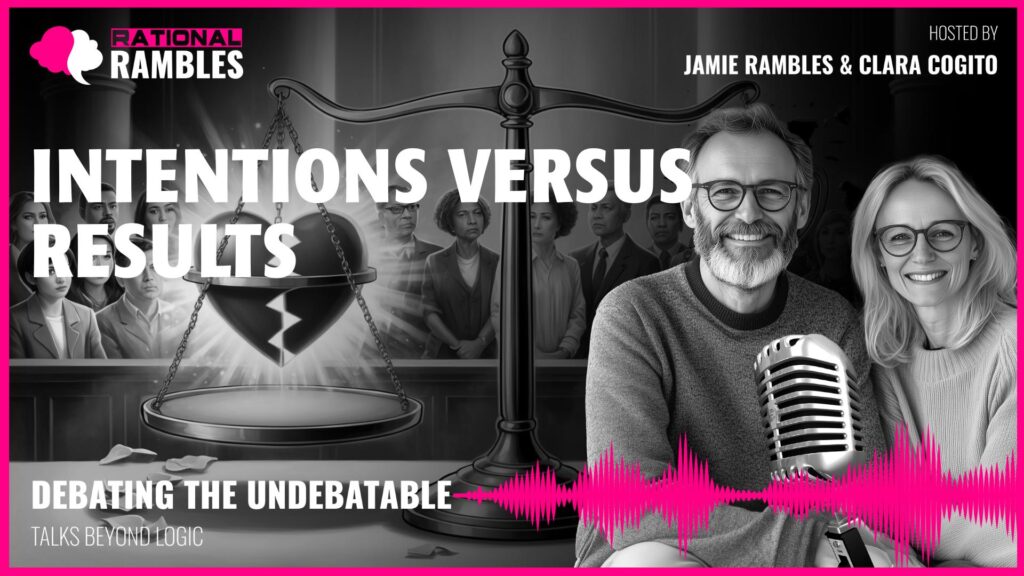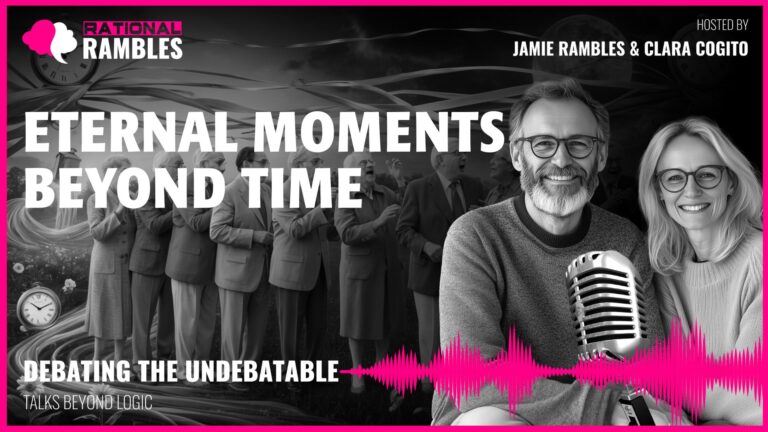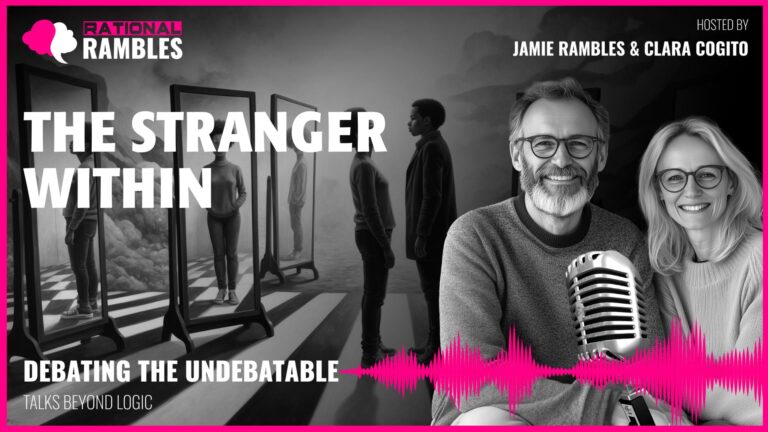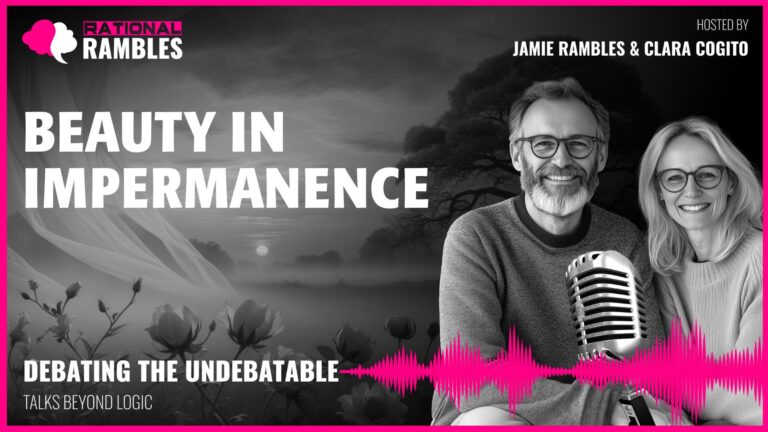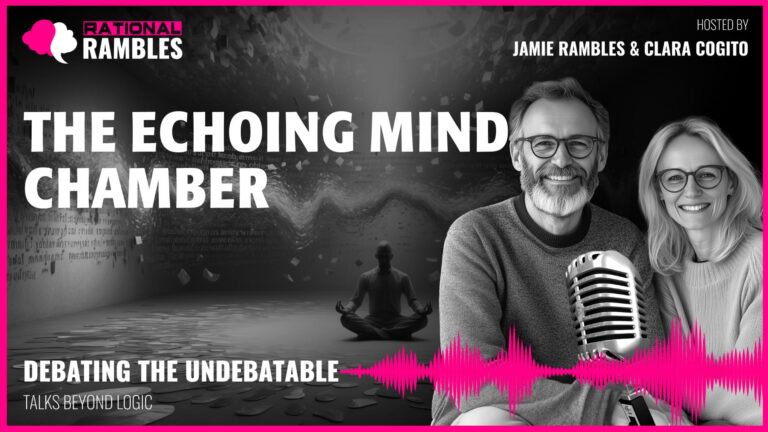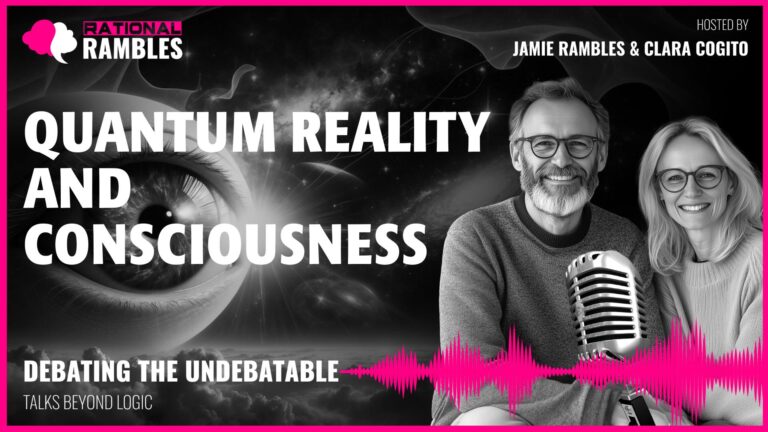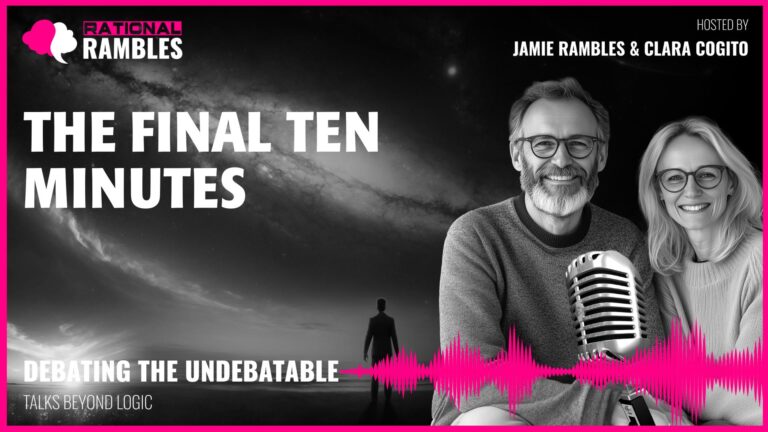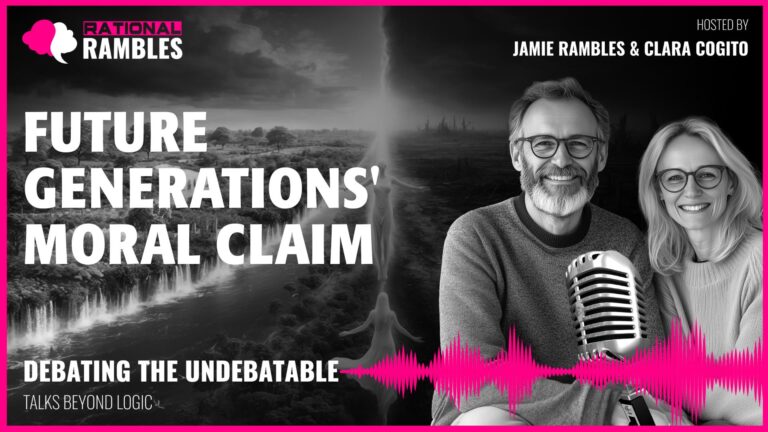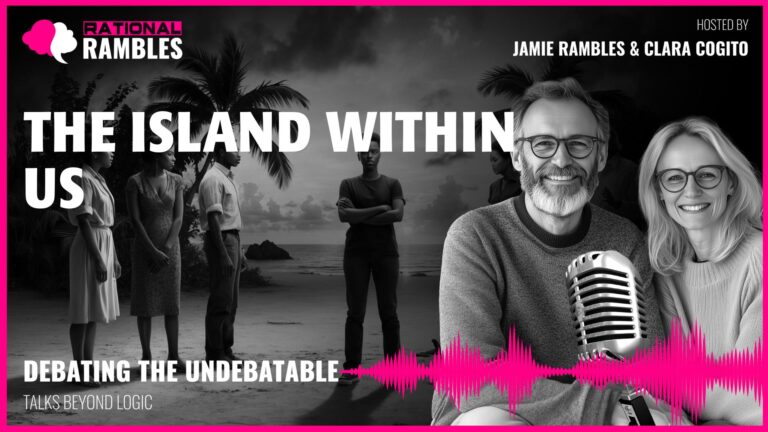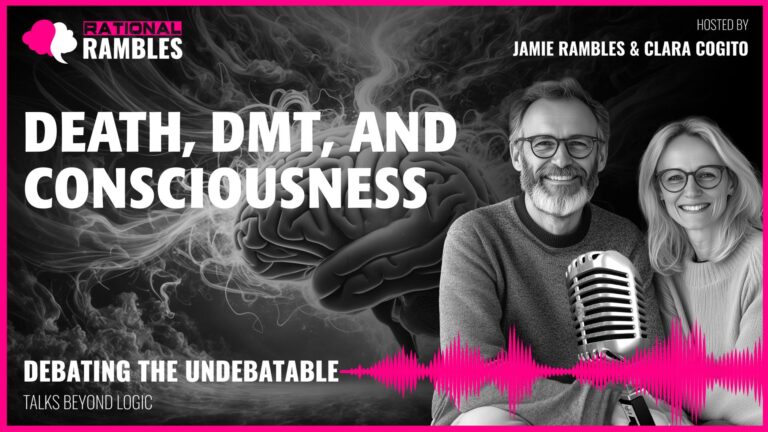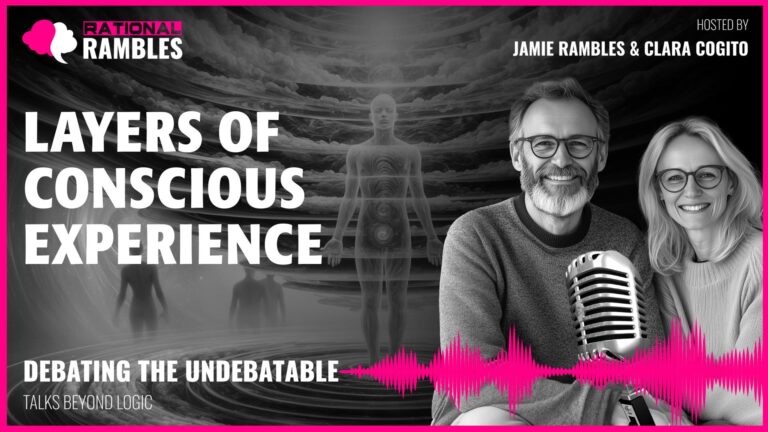Intentions Versus Results: A Philosophical Exploration
The ethical dilemma of whether good intentions or good outcomes carry more moral weight has been a longstanding debate in philosophy, ethics, and moral psychology. This discourse raises essential questions: Are we to be judged by our motivations or the consequences of our actions? Can a person still be considered morally good if their actions consistently yield negative results despite their best intentions? In this article, we will delve into these inquiries, examining the intricate relationship between intentions and outcomes and exploring various ethical frameworks that shed light on this multifaceted issue.
The Nature of Intentions
To understand the significance of intentions in moral evaluation, we must first define what we mean by “intentions.” Intentions refer to the motivations that underlie our actions. They can be considered as the mental states that drive individuals to act in a certain way, often reflecting their values, beliefs, and desires. The importance placed on intentions arises from the belief that they are indicative of a person’s character. If one acts out of kindness, compassion, or altruism, one might argue that these positive motivations make the action morally commendable, regardless of the outcome.
However, the implications of this perspective are complex. For instance, consider a well-meaning charity that aims to alleviate poverty but implements ineffective programs that ultimately perpetuate dependency. Initially, the intentions may seem noble, yet the harmful outcomes challenge the moral worth of those intentions. This leads to the pivotal question: can good intentions alone justify actions that lead to detrimental effects?
The Primacy of Outcomes
On the other side of this ethical equation lies the belief that outcomes take precedence over intentions. This perspective is often articulated through the adage, “the road to hell is paved with good intentions.” Here, the focus shifts to the real-world consequences of actions, emphasizing that outcomes define moral actions more significantly than the intentions behind them. For instance, if a doctor makes a well-intentioned mistake that results in a patient’s death, the grieving family’s suffering remains unchanged, regardless of the doctor’s motivations.
This outcome-centric view posits that individuals must bear responsibility for the results of their actions. It asks whether the moral character of individuals can withstand the scrutiny of their actions’ impact on others. If someone consistently causes harm, does it truly matter that they meant well? This raises further questions about moral accountability and the extent to which we can separate intentions from their consequences.
The Interplay Between Intentions and Outcomes
As we explore the complexities of this ethical dilemma, it becomes evident that intentions and outcomes exist in a dynamic relationship rather than a rigid dichotomy. Good intentions should ideally lead to positive outcomes, and consistently negative results should prompt introspection regarding one’s motivations. The concept of moral responsibility emerges as a crucial factor in this discussion. Individuals must not only possess good intentions but also demonstrate a willingness to learn and adapt when their actions yield harmful consequences.
In this light, one could argue that a moral failing occurs when individuals refuse to acknowledge negative patterns resulting from their actions or neglect to adjust their approaches despite evidence of harm. This notion of moral growth suggests that genuine moral character entails humility and a commitment to ongoing self-improvement.
The Role of Ethical Frameworks
Different philosophical traditions provide varying perspectives on the intentions versus outcomes debate. For instance, consequentialism asserts that the moral worth of an action is determined solely by its outcomes. In contrast, deontological ethics, particularly as articulated by Immanuel Kant, posits that morality is rooted in the principle of duty and good will, irrespective of consequences. Kant’s assertion that the moral worth of an action lies in the intention raises critical considerations about the validity of good will in the face of harmful outcomes.
Nevertheless, even within the realm of deontology, one must grapple with the real-world implications of actions. While Kant emphasizes the importance of intention, the potential for unintended consequences challenges the idea that intention alone suffices for moral goodness. This underscores the necessity of balancing both perspectives—acknowledging the moral weight of intentions while recognizing the critical importance of outcomes.
Moral Evaluation in Complex Contexts
As we navigate the discussion surrounding intentions and outcomes, it is crucial to consider the contextual factors that influence moral evaluation. For instance, individuals in positions of power and authority, such as politicians or medical professionals, carry heightened moral responsibilities. Their actions can significantly impact the lives of many, necessitating a more stringent moral scrutiny of their intentions and outcomes. A politician implementing policies with good intentions that result in widespread suffering may face a different moral evaluation than a private citizen whose actions primarily affect themselves.
Moreover, the historical and cultural context plays a vital role in moral assessment. Historical figures who believed they were acting for the greater good but caused immense harm exemplify the complexities of intention and outcome. While their motivations might have aligned with the moral standards of their time, the consequences of their actions necessitate a critical reevaluation in light of modern ethical principles.
Conclusion: A Holistic Approach to Moral Evaluation
In conclusion, the inquiry into whether intentions or outcomes hold greater moral weight reveals the intricate and interdependent relationship between these two aspects of moral evaluation. Rather than viewing intentions and outcomes as opposing forces, we can understand them as interconnected elements that inform our ethical judgments. True moral goodness encompasses not only the presence of good intentions but also the responsibility to consider the likely consequences of our actions and the willingness to learn from the outcomes.
This exploration underscores the importance of fostering moral character that transcends simplistic notions of right and wrong. Acknowledging the complexity of moral evaluation encourages us to cultivate an ethical framework that emphasizes humility, accountability, and growth. In navigating the challenges of moral decision-making, we must strive to align our intentions with actions that yield positive outcomes, recognizing that genuine moral goodness requires an ongoing commitment to understanding and addressing the intricate web of human impact.


